Current
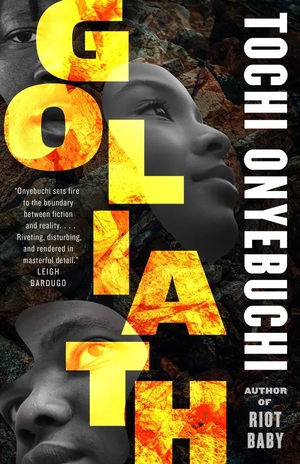
Tochi Onyebuchi
2024 (YTD)
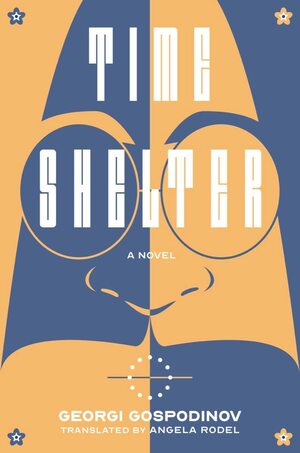
Georgi Gospodinov
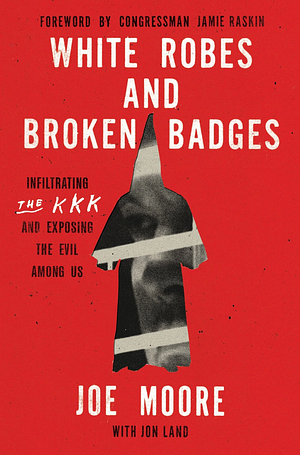
Joe Moore
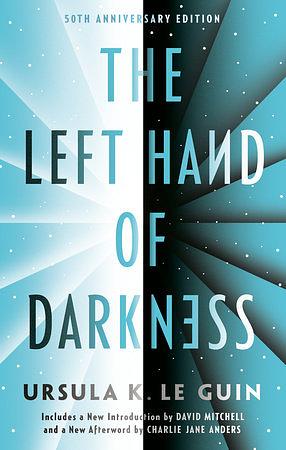
Ursula K. Le Guin

Fernanda Trías
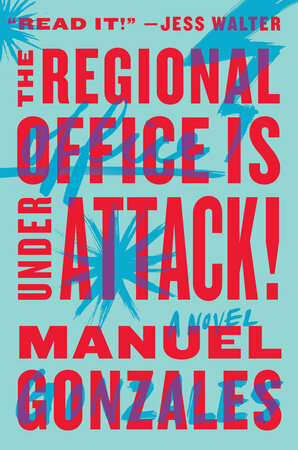
Manuel Gonzales
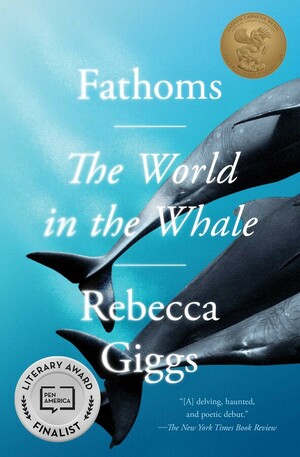
Rebecca Giggs
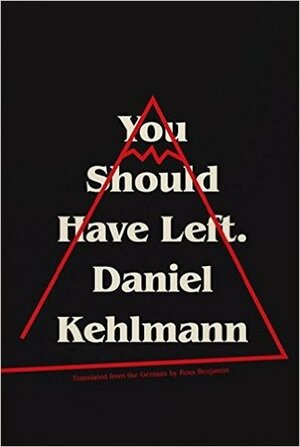
Neal Stephenson
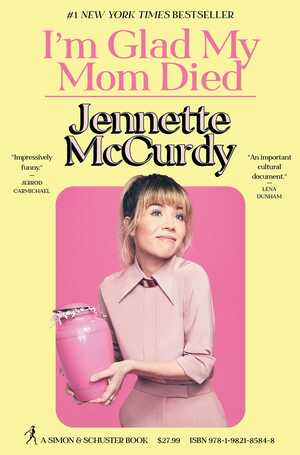
Jennette McCurdy
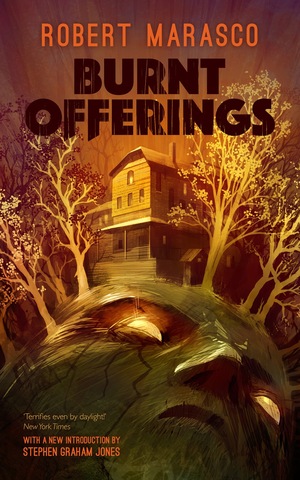
Robert Marasco
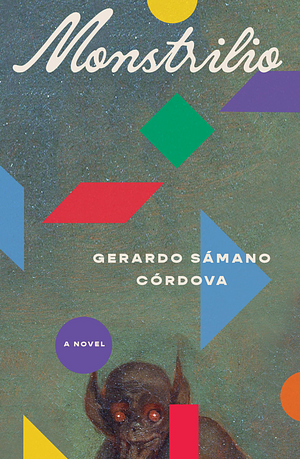
Gerardo Sámano Córdova
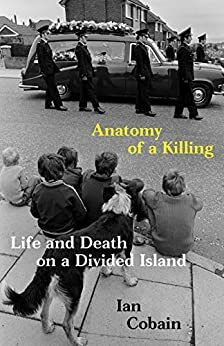
Ian Cobain
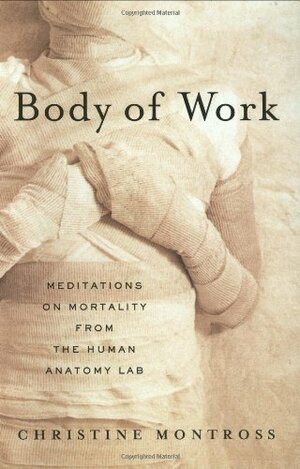
Christine Montross

Valérie Perrin
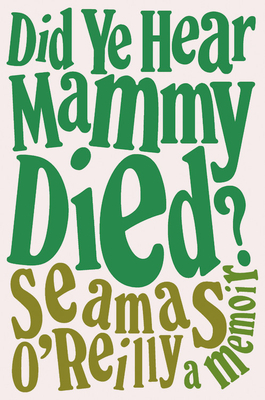
Séamas O'Reilly
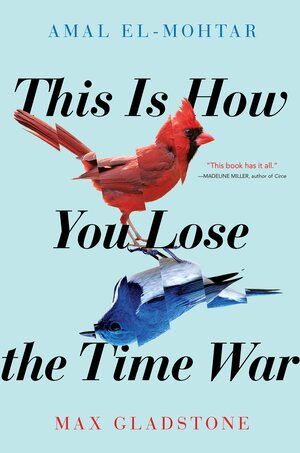
Max Gladstone, Amal El-Mohtar
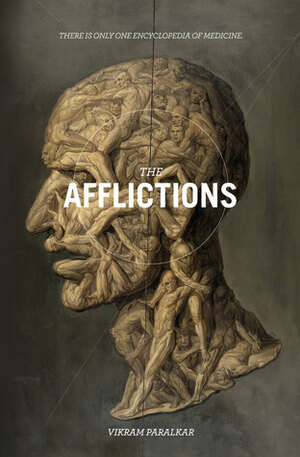
Vikram Paralkar

Sheri S. Tepper
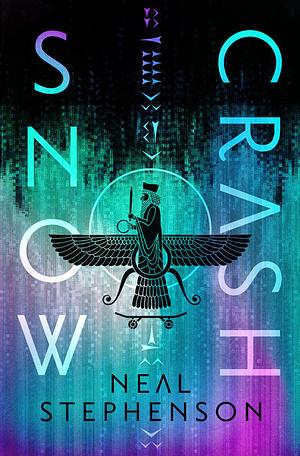
Neal Stephenson
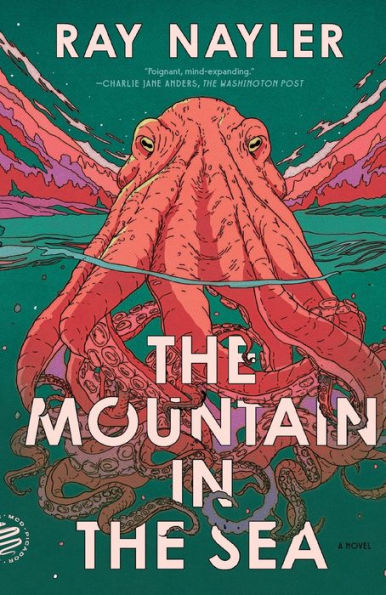
Ray Nayler
2023

Martin Macinnes

Hernán Díaz
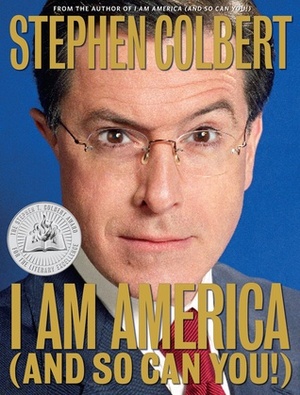
Stephen Colbert
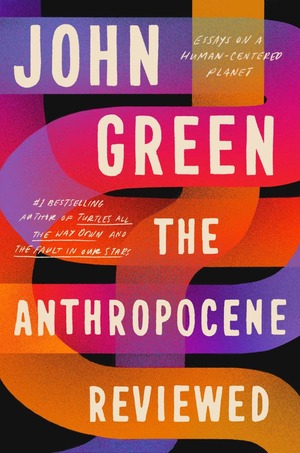
John Green
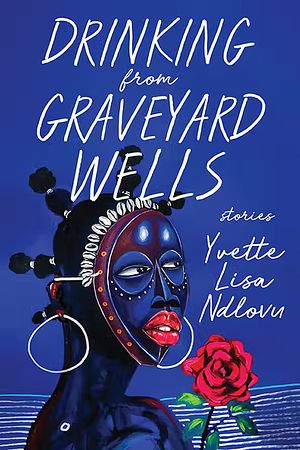
Yvette Lisa Ndlovu
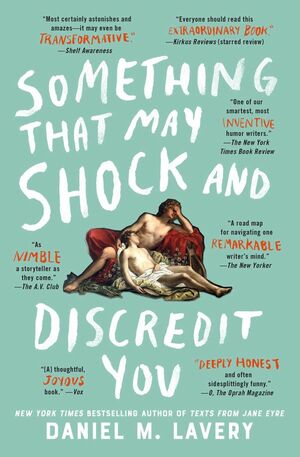
Daniel M. Lavery
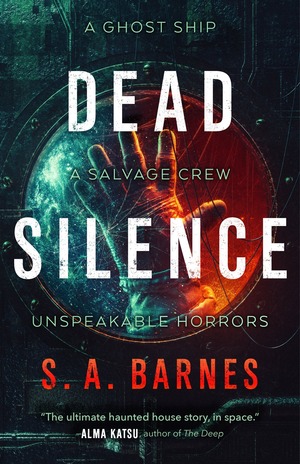
S.A. Barnes
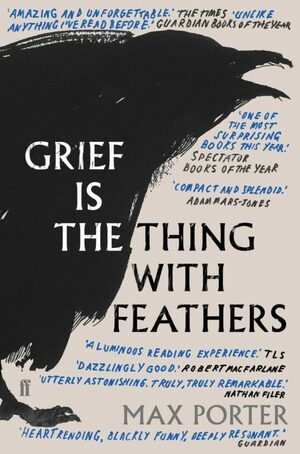
Max Porter
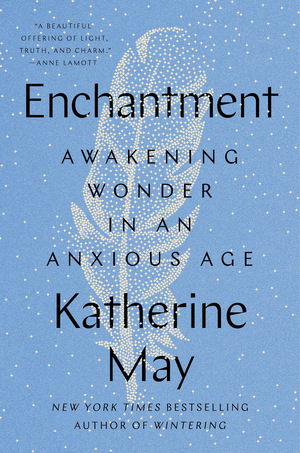
Katherine May
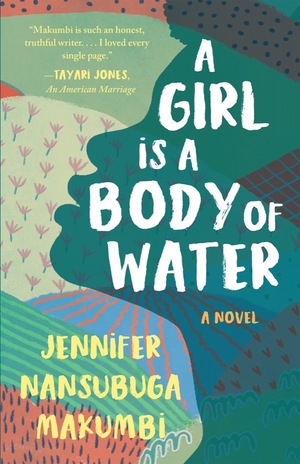
Jennifer Nansubuga Makumbi

R.F. Kuang
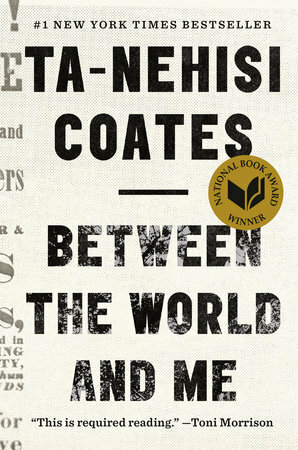
Ta-Nehisi Coates

Agatha Christie
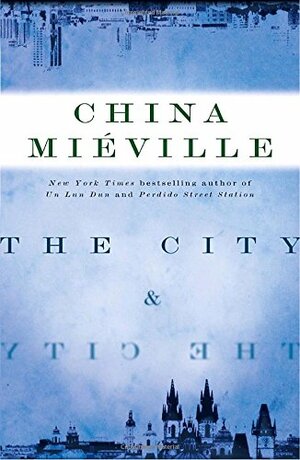
China Miéville
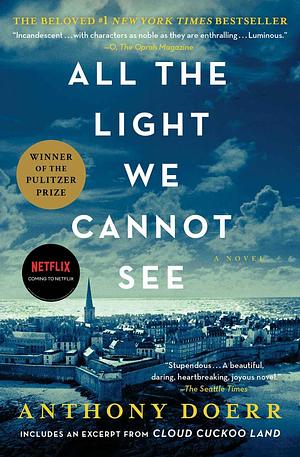
Anthony Doerr

David Mitchell
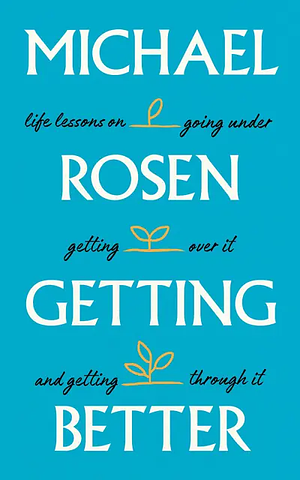
Michael Rosen
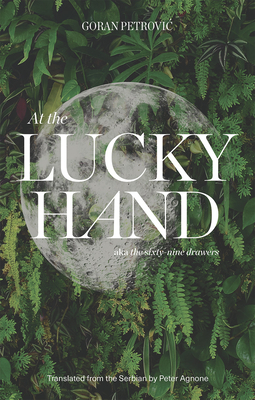
Goran Petrović
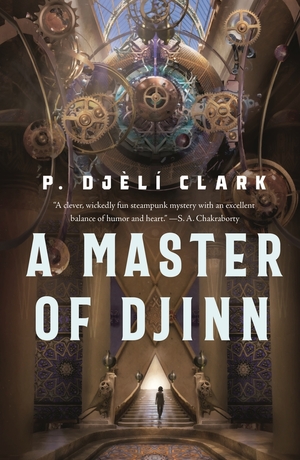
P. Djèlí Clark
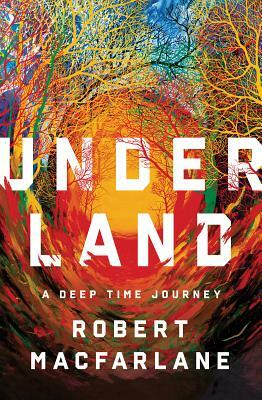
Robert Macfarlane
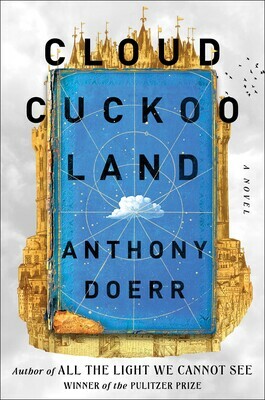
Anthony Doerr

William M. Bass
2022
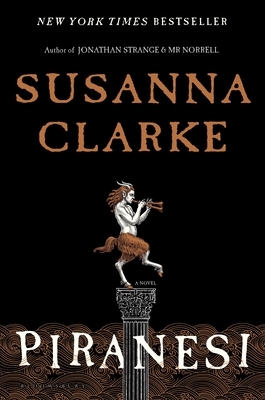
Susanna Clarke
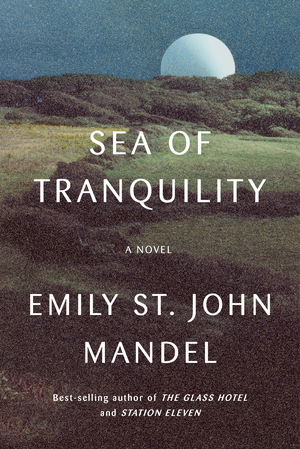
Emily St. John Mandel
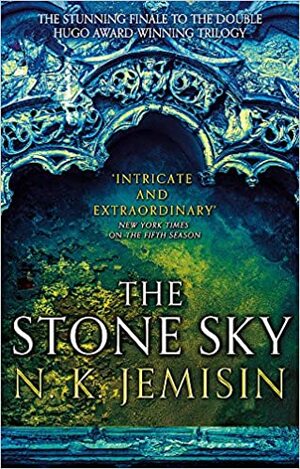
N.K. Jemisin
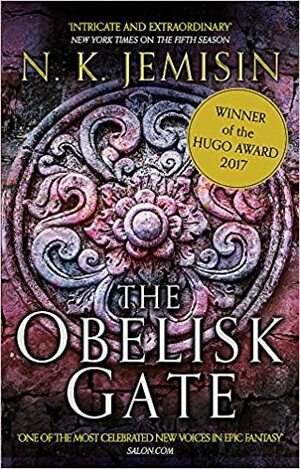
N.K. Jemisin
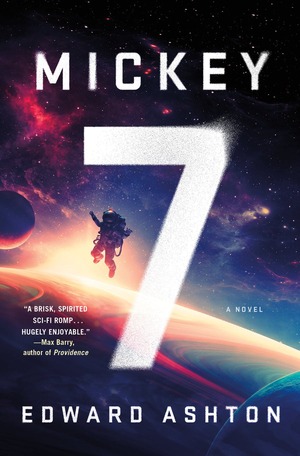
Edward Ashton

Kyun-sook Shin
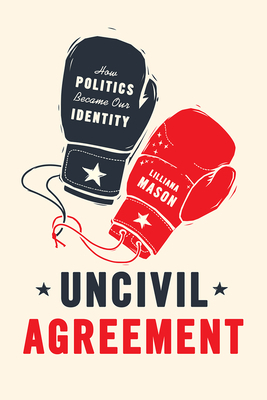
Lilliana Mason
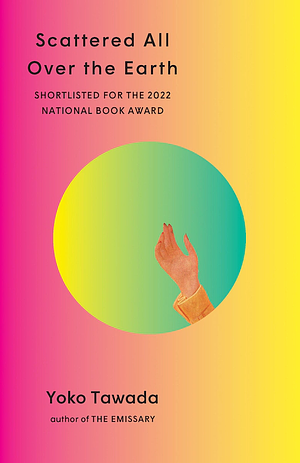
Yoko Tawada
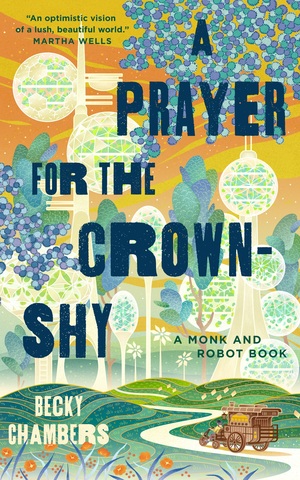
Beckey Chambers
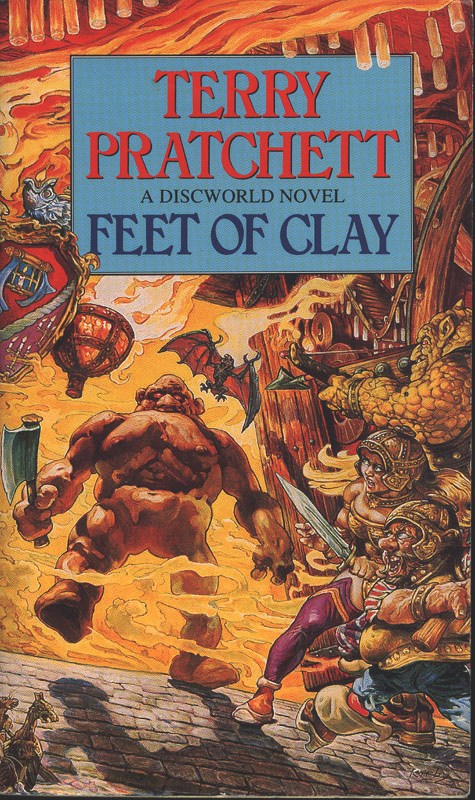
Terry Pratchett
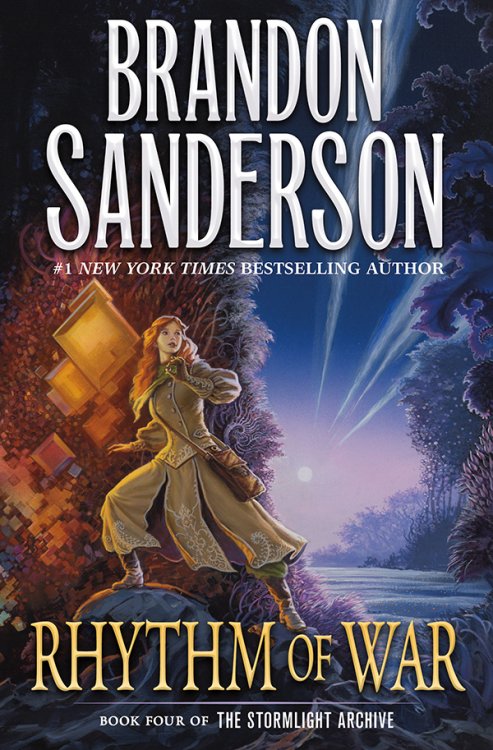
Brandon Sanderson
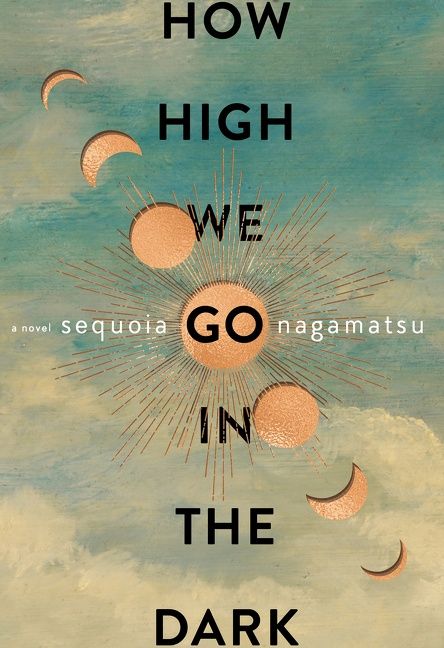
Sequoia Nagamatsu
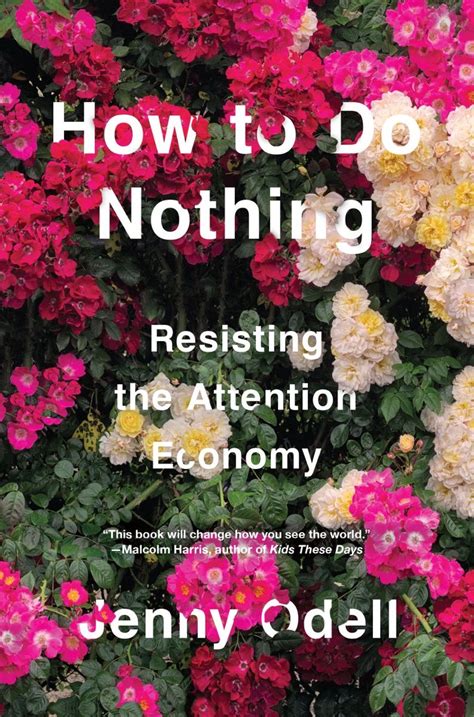
Jenny Odell

Kieran Goddard

Madeline Miller
2021
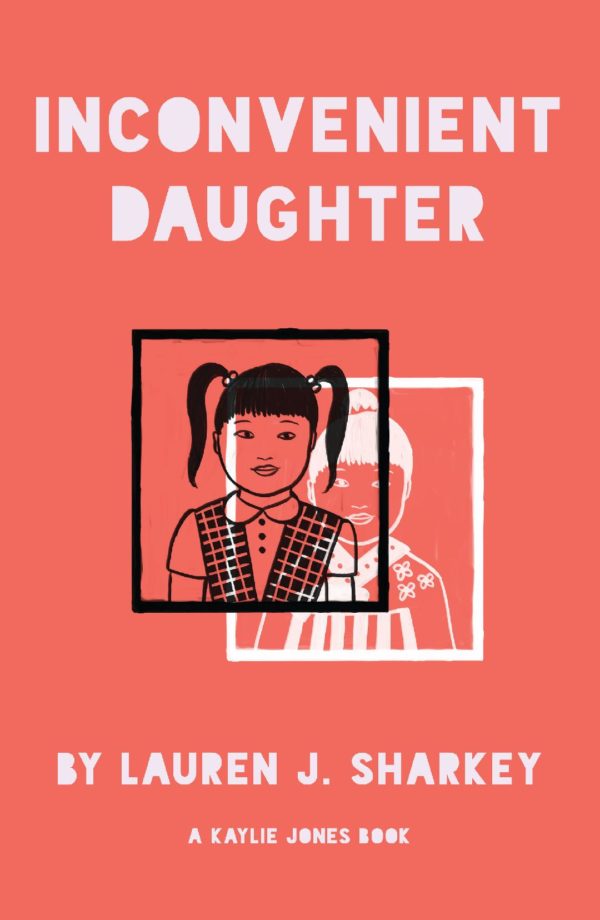
Lauren J. Sharkey
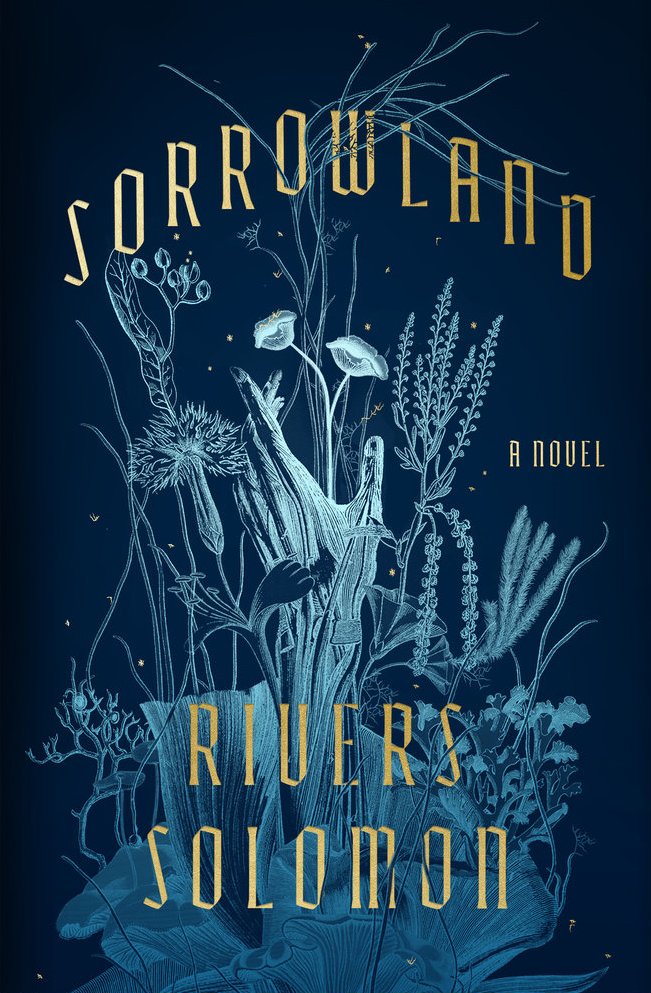
Rivers Solomon
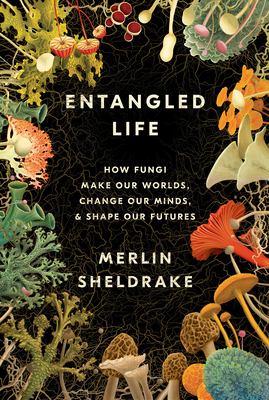
Merlin Sheldrake
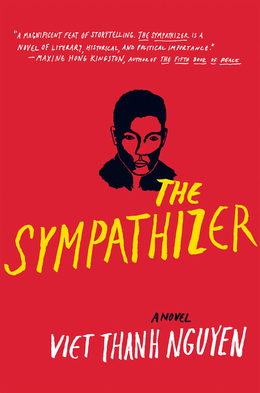
Viet Thanh Nguyen
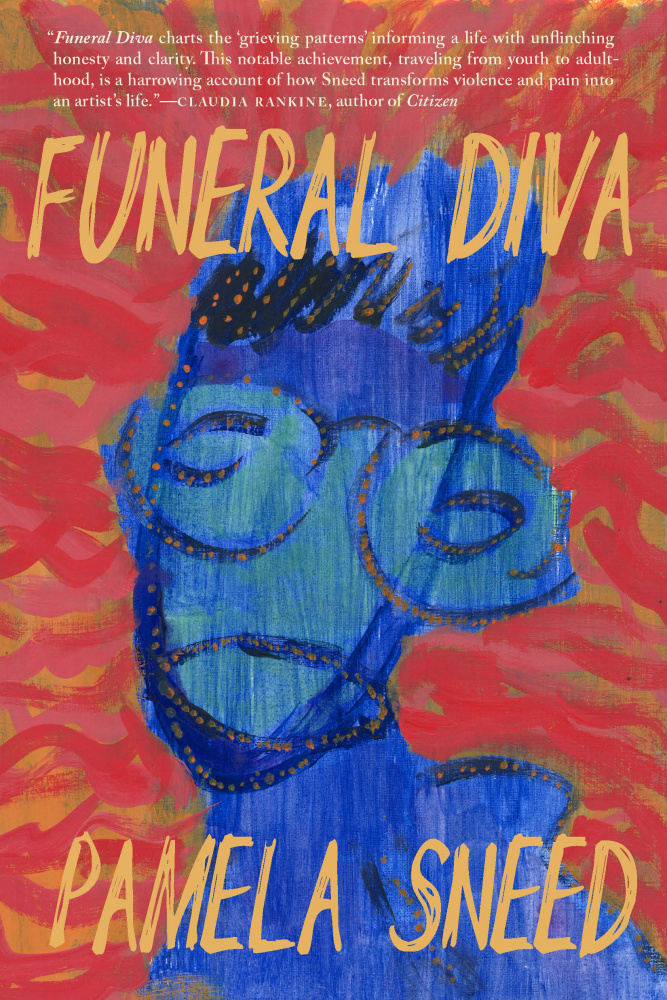
Pamela Sneed
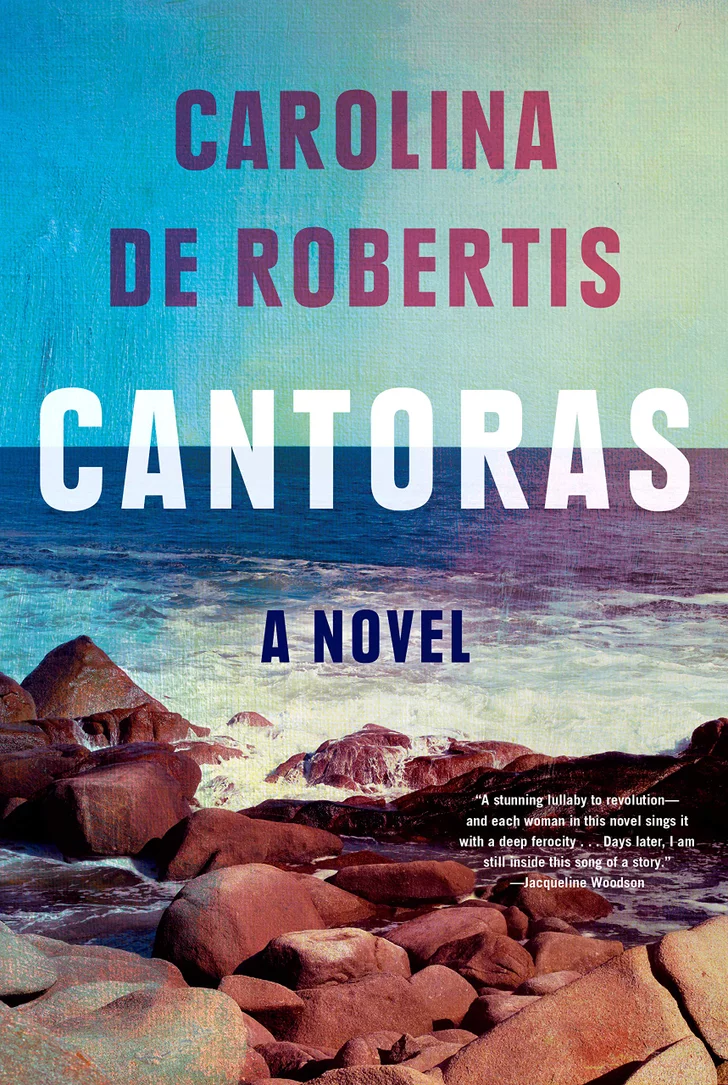
Carolina de Robertis
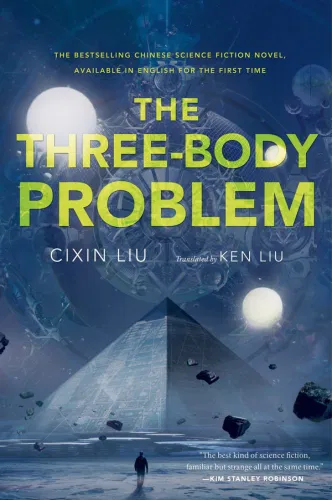
Liu Cixin
(trans. Ken Liu)
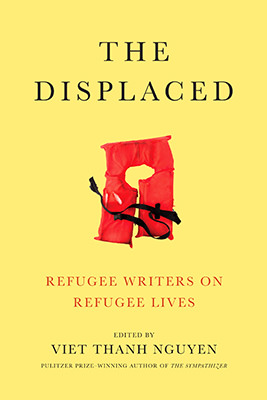
Viet Thanh Nguyen
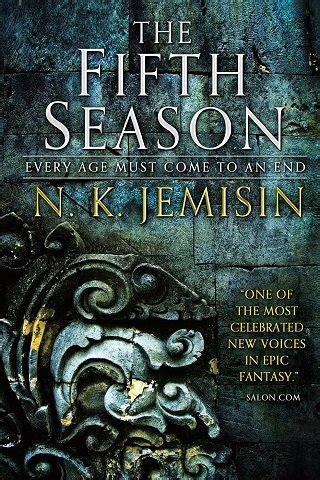
N.K. Jemisin
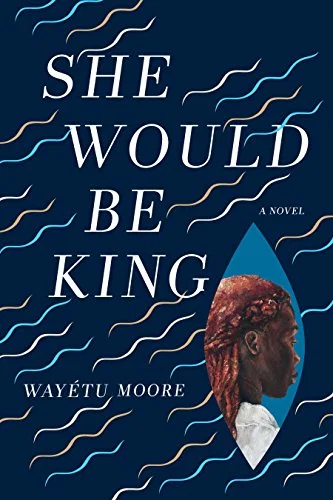
Wayétu Moore
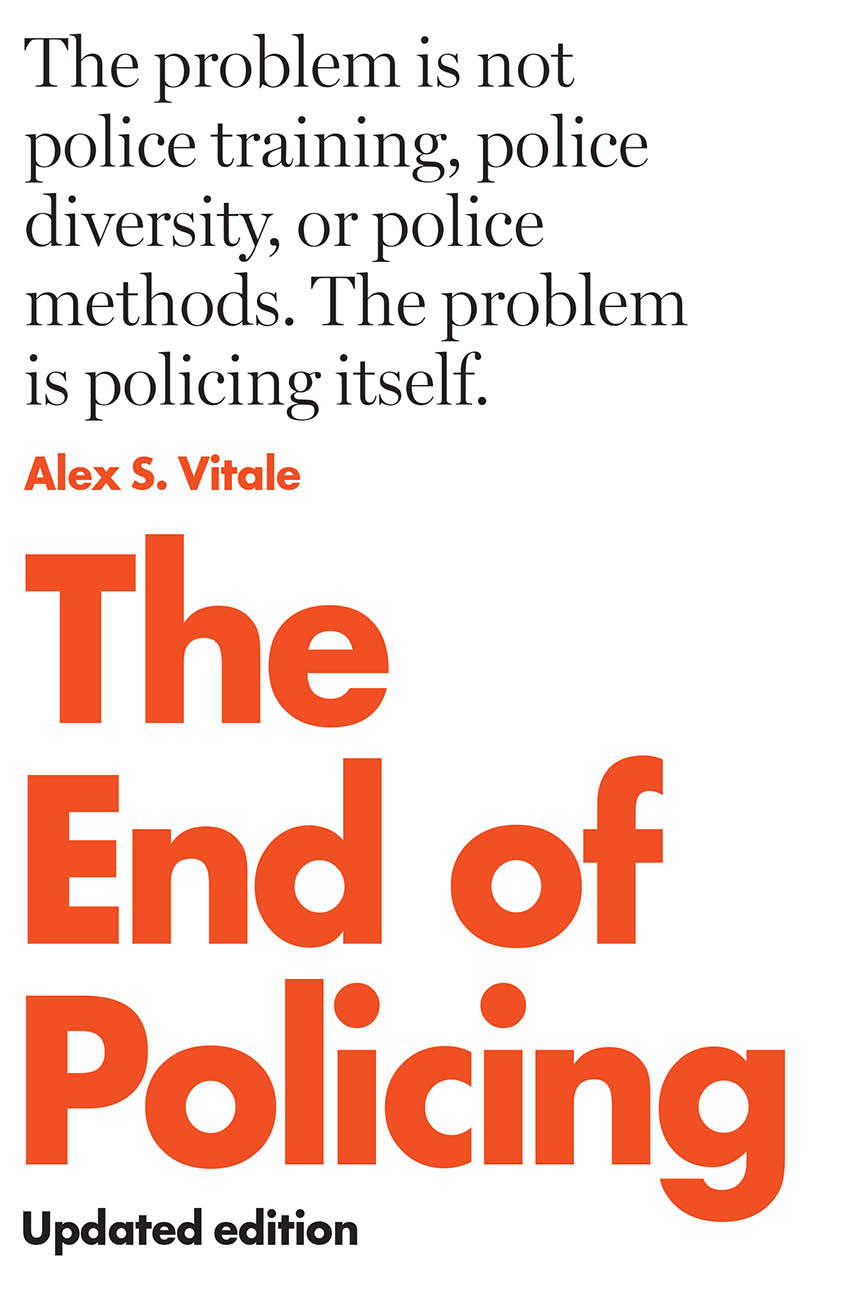
Alex S. Vitale

Robin Wall Kimmerer
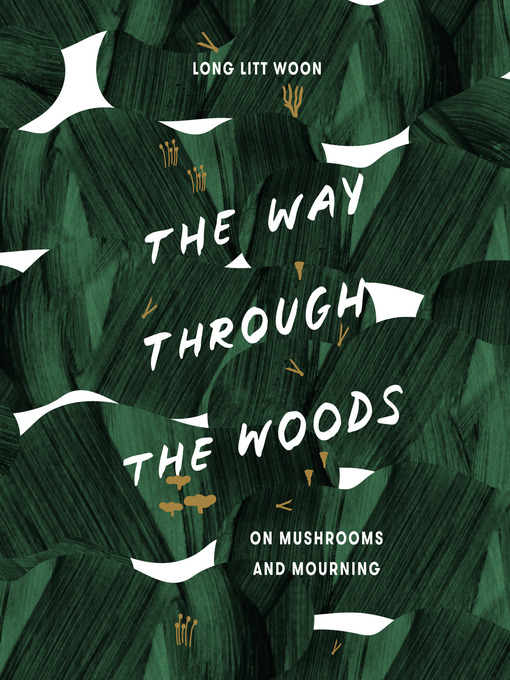
Long Litt Woon

Jonathan Balcome
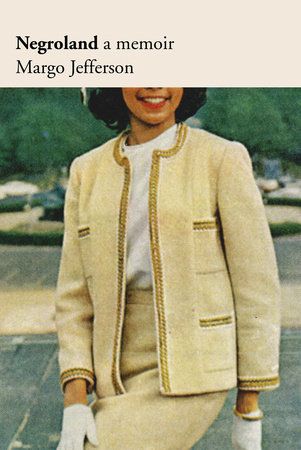
Margo Jefferson
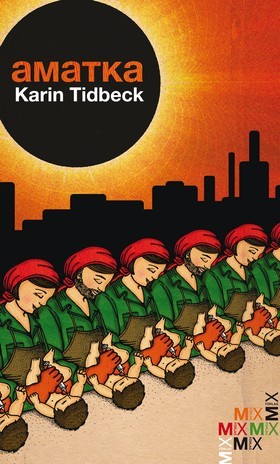
Karin Tidbeck

Sahar Mustafah
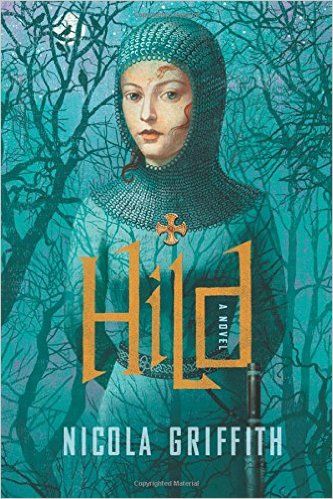
Nicola Griffith

Bassey Ikpi
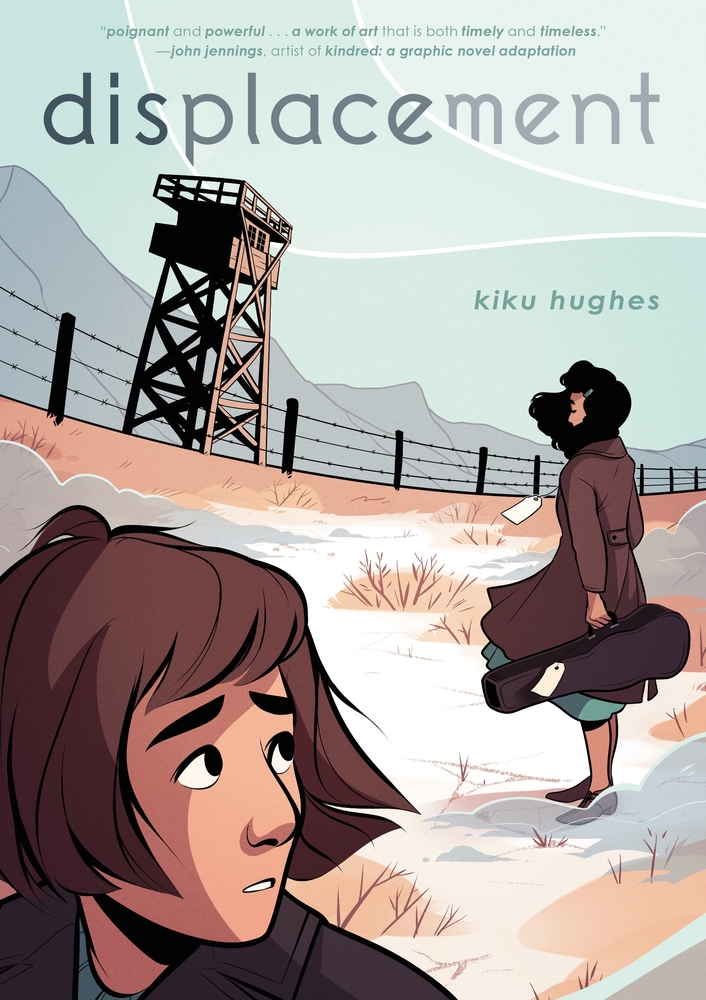
Kiku Hughes
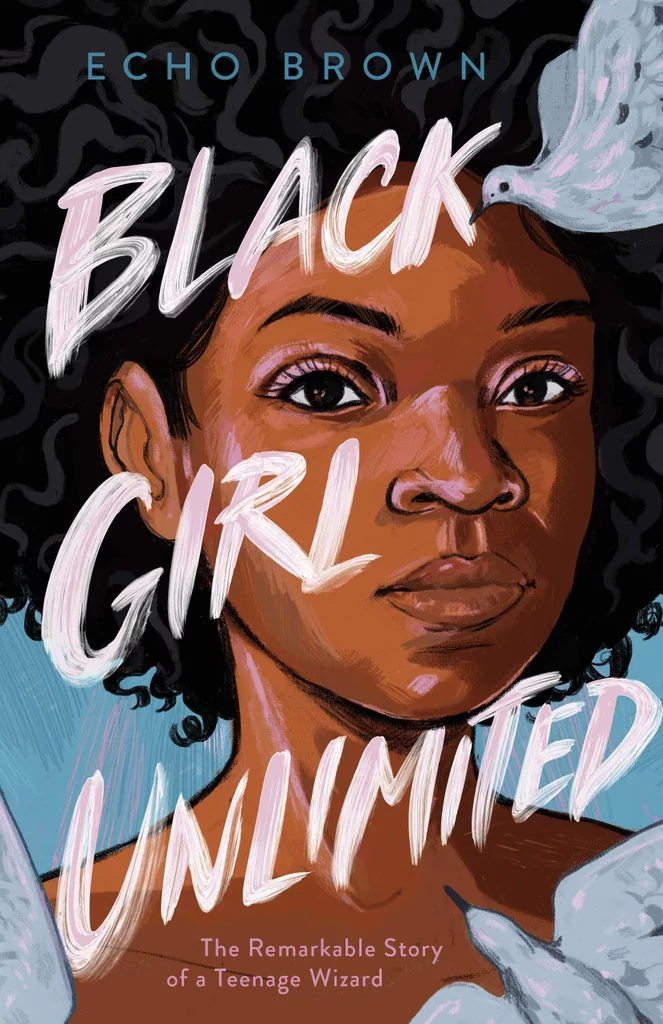
Echo Brown
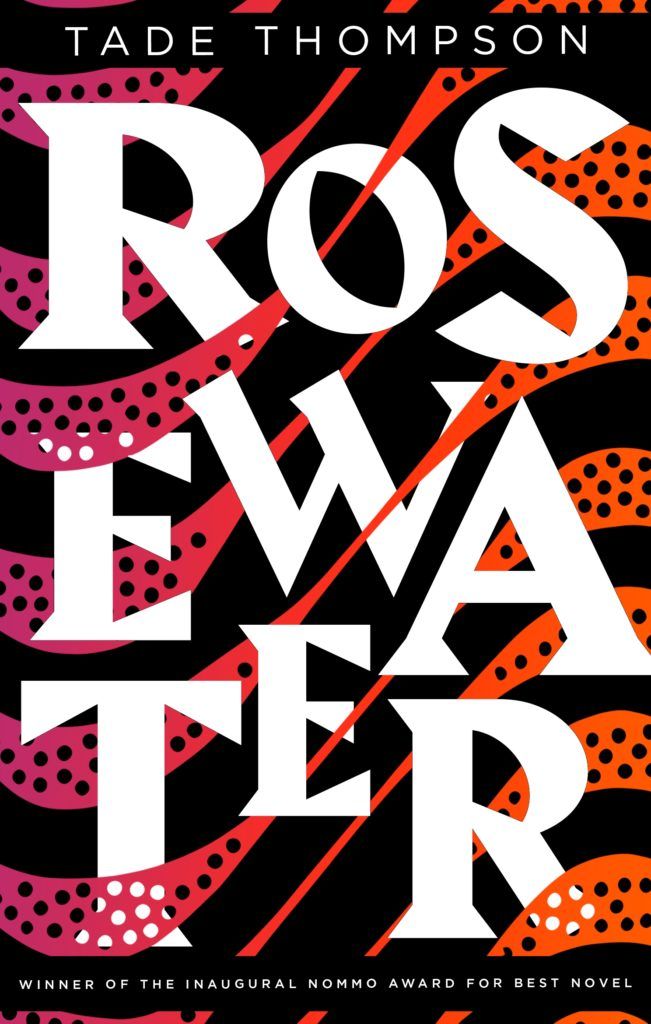
Tade Thompson
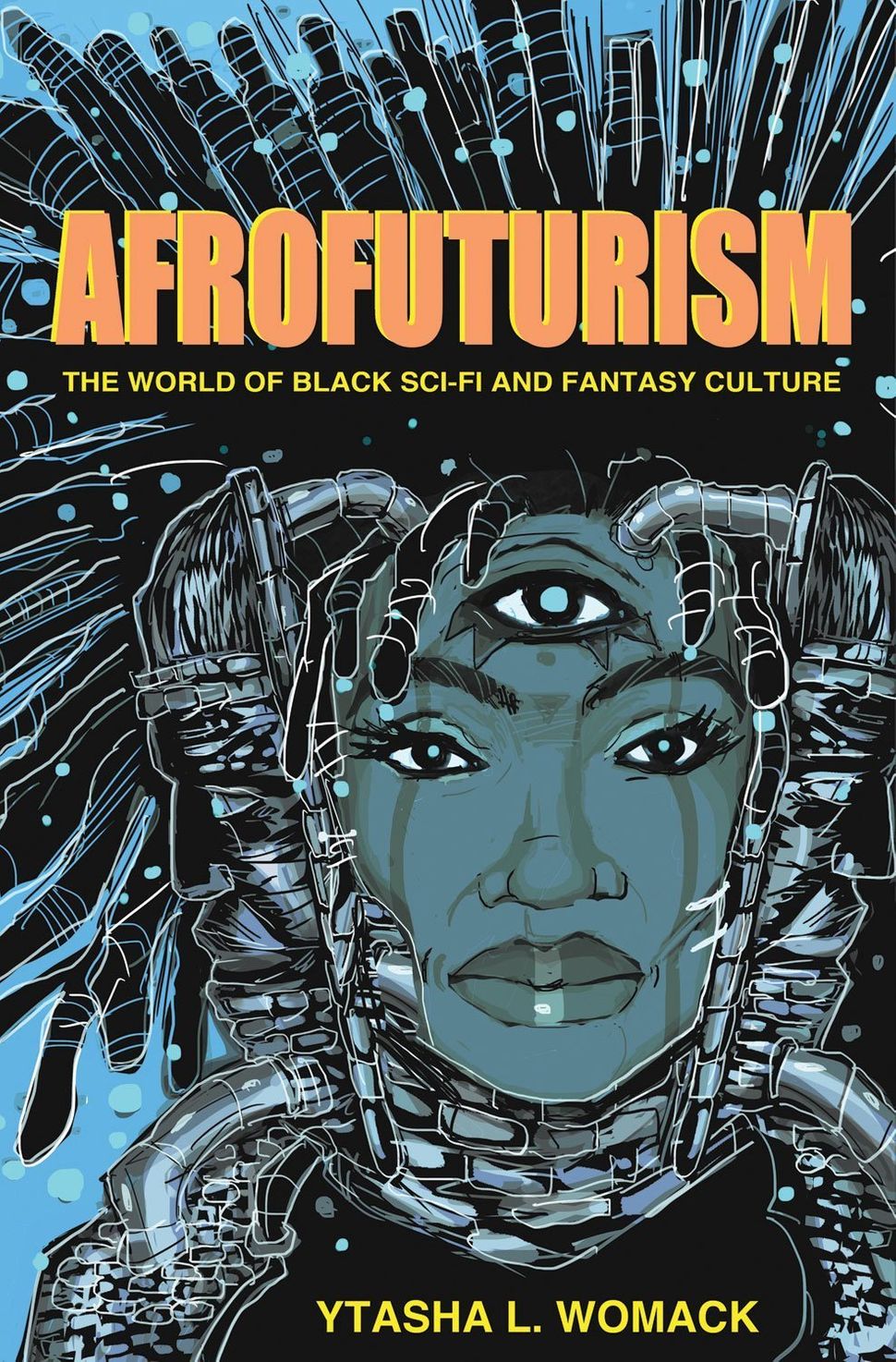
Ytasha L. Womack

Jacqueline Woodson
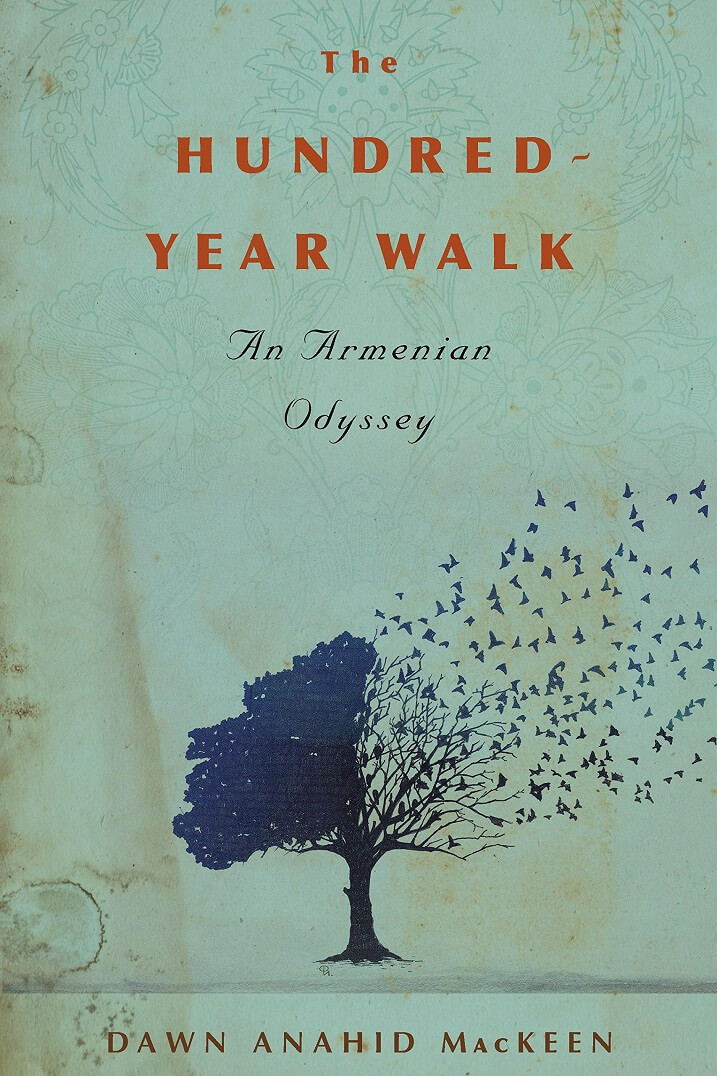
Dawn Anahid MacKeen

Etaf Rum
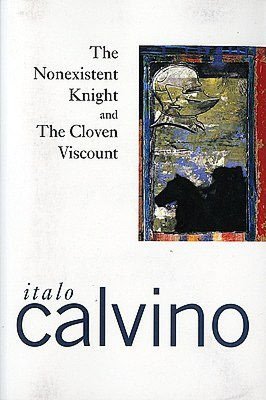
Italo Calvino

Mahzarin R. Banaji & Anthony Greenwald (unfinished)
Favorites
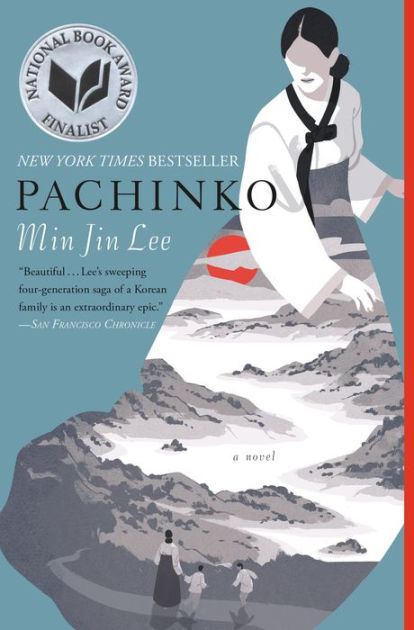
Min Jin Lee
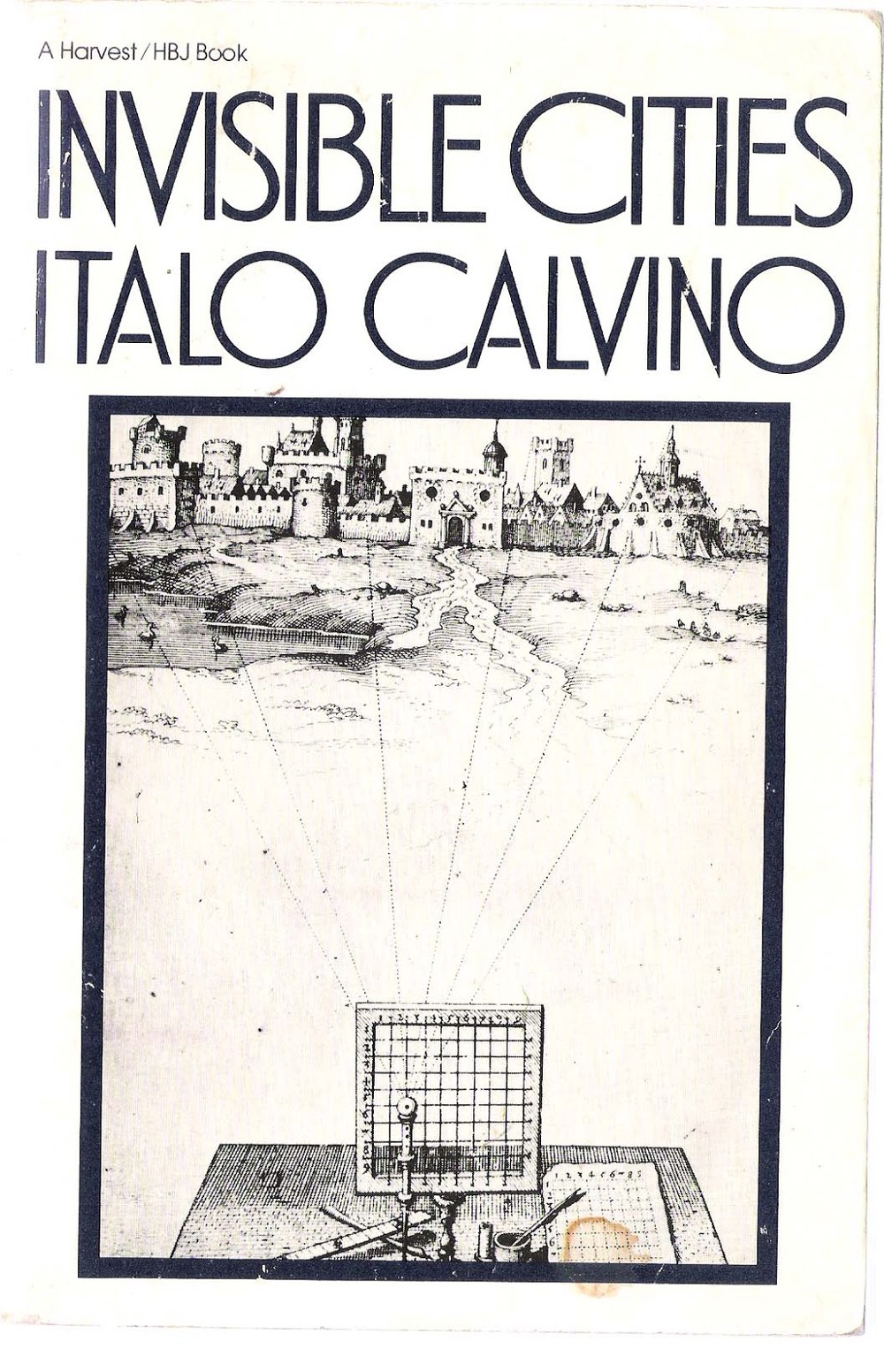
Italo Calvino (trans. Weaver)
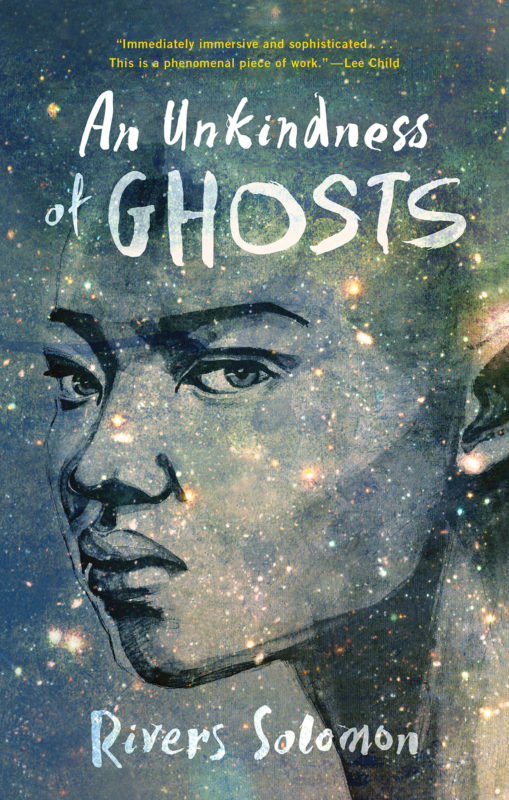
Rivers Solomon

Marcus Aurelius (trans. Hayes)
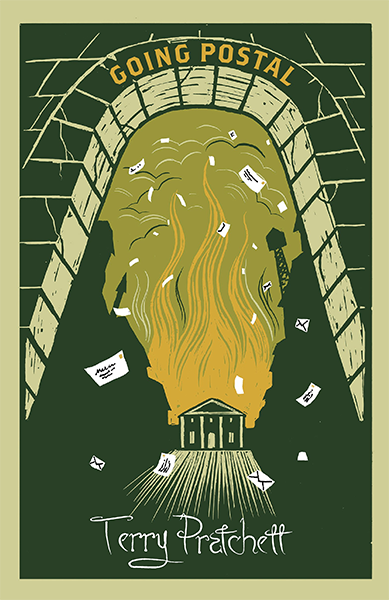
Terry Pratchett
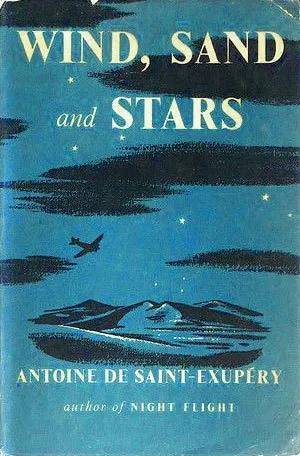
Antoine de Saint-Exupéry (trans. Galantière)
Reflections
All these reviews are my original thoughts and words, not anyone else's. If any of them sound familiar, it was probably just me from another site. My writing is kinda scattered around Goodreads, Storygraph, etc.

Time Shelter
Georgi Gospodinov
A thoroughly Eastern European book full of references to Bulgarian literary culture and history. I think even without understanding intimately all the cultural background, though, even non-Europeans like myself can find something to hold onto. It's very much of our times: Gospodinov unpacks our era's seemingly boundless nostalgia, which exists in a precarious balance with fear and forgetting of the past.
Geriatric psychiatrist Gaustine creates a clinic of the past, a series of rooms that replicate past decades for patients with dementia and Alzheimer's disease. I think several reviews (and the book itself!) have referenced Jorge Luis Borges in describing the style of this book; I agree. There was even one moment that was a clear echo of "On Exactitude in Science."
The "clinic of the past" concept ripples outwards to influence the entire continent, causing Europeans from Bulgaria to Portugal to reflect on their twentieth century histories, on prosperity, authoritarianism, reunification, war. I think it serves as a critique of modern Europe's repetition of historical cycles, especially of the rise of authoritarian regimes, and its overreliance on the precedent of the past.
How can we gain a little more time for tomorrow, when we face a critical deficit of future? The simple answer was: By going backward a bit. If anything is certain, it’s the past.

Please Look After Mom
Kyun-sook Shin
While reading (listening to) this book, my most common emotion was devastation. Quite a few tears, some of joy, but most of profound grief for every mother and every child who's lived this life, including my own relatives. Perhaps because I am very close with my mother, this book hit me really hard. In discussing this book with me, my mom told me So-nyo sounds like her own grandmothers, who immigrated from Korea to Japan. Both women, long gone, are complete strangers to my mother not just because of their low Japanese fluency, but because in their families, they weren't people. They were mothers, defined by sacrifice and silence. Unbreakable and invisible.
From a less personal standpoint, I feel like this was also just a good book. Each of the individual voices was distinct (and not just because each had a separate reader!), and the translation is great. I think it provided some very thought-provoking commentary on this sort of sacrificial motherhood. Within the role of mother that she has been forced to inhabit, So-nyo does indeed love her children, however she chooses—or is forced to—show it. (Children of Asian parents whose love language is acts of service, please stand up.) Some people say they're unsatisfied with the ending, but I feel like any other ending would subvert the entire point of the novel. Which apparently was to wreck me emotionally.

Grass
Sheri S. Tepper
I didn't intend to read this. I meant to read another book with a similar cover (whose title I have now entirely forgotten) but got this one instead. Um... It was fine. Alien fox hunts with a dark secret. I was intrigued by the premise but it got kinda twisty around the halfway point, with all the strange clues leading to the reveal, which an astute reader may be able to predict.
The pacing was inconsistent, which threw me off a couple times. There are also instances where characters seem to vanish, or threads are left hanging. Characters who feel like they were more important in an earlier draft but now only a couple scenes are left.
I did think the worldbuilding was very well executed. Some of the science was shaky, to put it mildly, but the descriptions of the planet Grass and the communities that live there were splendid. In the beginning, the mystery and suspense are palpable.
There's a lot of introspection and reflection on the nature of intimacy and understanding others. I sense this book was singular at the time of publication for delving into these topics with such care and sincerity, especially from the perspective of a woman. No spoilers, but I think some aspects also embody several feminist concepts of non-violence and cooperation, leading me to give another look to the symbolic meaning of one of the novel's mysteries...
A weird book, but one I'm glad to have read. Probably won't read the other ones in the series.

How High We Go in the Dark
Sequoia Nagamatsu
Something I realized about myself while reading this: I love stories that intertwine with other stories. Not simply ones that revolve around the same events, but which contain characters from each other. It feels like seeing a friend out walking somewhere, you know? I think it really lends a sense of continuity and autonomy to a built world, especially one like Sequoia Nagamatsu has created in How High We Go in the Dark.
This book charts the progress of human civilization in the wake of a worldwide pandemic unleashed by melting glaciers. (This book was not a COVID fever dream, in case you were wondering; Nagamatsu started drafting its stories a good decade ago.) But this isn’t a race for the cure like Contagion. How High explores how humanity – or, more specifically, American and Japanese societies – respond to this explosion of death and grief. Some are surreal, like a euthanasia park complete with Mr. Bones’s Wild Ride (not quite in so many words), or a sentient organ donor pig. Others are easier to imagine, like mortuary hotels built to capitalize on grieving families, or an open invitation to the first neighborhood barbecue in years. I had to laugh at “funerary tokens,” a cryptocurrency usable beyond funerary services and a symbol for the ripples made by the newly booming funeral industry.
Nagamatsu counters the age-old question of how to grieve with the question of how to live. Retreat into your tiny corner of the world? Fight for a cure, for an escape, for all the people still hanging on? Lay the dead to rest for the sake of the living? …Just up and leave? Each of these vignettes paints a portrait of people feeling their way around the mouth of the River Styx, bumping each other and trying not to get sucked in.
Despite the doom and gloom often associated with death, this novel is nothing if not hopeful. People help each other.They work to make futures for each other, even when one of them is dying or dead already. They make memories andmemorials. How High is thoroughly humanistic, with a firmly optimistic perspective on a future fraught with death (evenif that future involves a joint venture with Tesla🤢 to send human colonists into the depths of space).
The keystone of this novel for me was a character we meet twice: soon after their birth and shortly after their death. Their story is a microcosm of the novel: we get glimpses of who they were, but we cannot fully see their development. This pandemic’s reach is infinite through human time and space, and wherever one could look lie more love and losses. But we’re looking here, now. We are holding our mother’s hands and falling in love in VR and waiting to return to the loam. We are here, and we are alive, and that is everything.

Sorrowland
Rivers Solomon
I'm a huge fan of Rivers Solomon's prior two works, An Unkindness of Ghosts and The Deep. They are threaded through with questions of remembering and forgetting within the African diaspora, cycles of oppression, and interrogations of gender. Sorrowland is no different, with the added dimension of the legacy of exploitation of Black people by medical institutions. Vern, a 15-year old albino Black intersex woman, escapes from a Black nationalist cult while seven months pregnant and must survive in the woods with her twin babies. Vern must protect her children, Feral and Howling, while avoiding the outside world until she can find someone she trusts outside the forest.
It is quickly made clear that something was very, very wrong with her upbringing in Cainland, and that wrongness has taken root in Vern's body as well as her mind. Vern's body is a site of profound transformation and revelation. The gothic horror/sci-fi element really develops in the second half, where we come to understand the horrors of Cainland — and, by extension, the history they represent. I was morbidly fascinated by the grotesqueness that Vern encounters within herself and in those who threaten her loved ones. The results of medical experimentation on Black and brown bodies in our world may not have been so extreme, but they turn my stomach all the same... perhaps moreso because they were real.
My experiences as a Black woman within the American healthcare system have not been physically traumatic (if you don't count the inherent violation of a Pap smear) but are always harrowing. I always go in wondering if my problem will be taken seriously, or if my body works the same as the bodies in literature. I recently had a medical procedure fail, and although the doctor was very pleasant about it, there's always a part of me that nags, was it even designed for you? I can only imagine this sense compounds for intersex people, who are vastly underrepresented in medical literature and misunderstood by the public. Reading Sorrowland made me uncomfortable, despairing, furious, forlorn. The misogyny of Cainland and of Black nationalist movements, the exploitation of Black bodies, the weight of centuries of murder and erasure of so many on this continent... Rivers Solomon's works always end on a hopeful note, but Sorrowland, like their other novels, makes you work for it.

The Three-Body Problem
Liu Cixin
I am always intrigued by works that feature or center misanthropy. To what do authors across history, across cultures, attribute deep-seated hatred for one's fellow humans? Liu Cixin's Earth-Trisolaris Organization has its Adventist faction, which believes that humanity is too violent, too cruel, too crude to be spared. Other less extreme members still see Trisolarians (?) as a superior race that will save humanity. Many harbor religious feelings toward them. And many are the intellectual and social elite.
Is this a commentary on wealth and status? The ETO recruits members through a VR game called Three Body—I read VR games as a luxury, which is a clear barrier to access. Among those who look past the surface and uncover deeper secrets, many do not believe the Trisolarians' arrival to Earth is a good thing; Ye Wenjie (I think?) said most of the "common" people who made it past the first phase were not ideologically aligned with the ETO. What is it about the elite that makes so many of them willing to betray humanity to an alien invasion? Is it a disconnect from nature? Ecological devastation is a common image throughout the novel, especially deforestation. Ennui? Lack of purpose makes several appearances too, often in the wealthy.
This novel felt super surrealist at times (a thirty million-person living computer? tri-solar syzygy making everything go UP??) but it also got me wondering about the world of 2006 China in which Liu wrote. If this novel came out today, what would be different? What cultural currents are integral to The Three Body Problem as it is, and why is its misanthropy so timeless?

She Would Be King
Wayétu Moore
This magical realist retelling of the founding of Liberia follows three people bound by fate: Gbessa, a Vai tribeswoman ostracized for her accursed birth; June Dey, a half-ghost born into bondage; and Norman Aragon, a keen boy raised as a science experiment rather than a son. The mid-nineteenth century is a time of turbulence and change, and sweeping forces bring June and Norman across the Atlantic to the burgeoning free Black colony of Morovia. Through all three characters, we come to know the forces at work in this growing community, including the governing (mostly-white) American Colonization Society to the illegal French slavers stalking the bush. The three join and separate over several years, but their courses always run close.
Something I've noticed in many works of diaspora is the importance of mothers; She Would Be King is no different. Gbessa, June Dey, and Norman each has an intense relationship with their mother that informs their life experiences going forward. The absence of a mother figure (and for two of them, the trauma of her death) leaves these characters with deep scars that shape their personalities. The first-person tense is used sparingly by an ethereal narrator who is, herself, a mother. It reminds me somewhat of the main characters of The Deep by Rivers Solomon, the descendants of pregnant African people who died at the hands of the trans-Atlantic slave trade. I think for us, mothers are... everything. Without our mothers, where are we? Who are we? Mothers are living proof that we did not just appear here, with the burden of history and oppression squarely upon our shoulders. There is precedent for us.
Another point that made me grit my teeth was the way that wealthy Black folks in Monrovia and the nearby communities just recreated the power structures of the nation they came from: they hold garden parties and worry about their kids marrying "proper" people and have house servants. One character even calls it out, saying she doesn't keep house servants precisely because it reminds her of America. This part I had little difficulty believing. I actually had similar feelings about Beyonce's Black Is King, specifically the music video for "MOOD 4 EVA," where Beyonce is shown living in luxury on a sprawling estate. Is that how we want to move forward? What do we gain from redoing it all with us on top, instead of creating something entirely new? Obviously, we've come very far since the 1850s, but we must always be wary of our tendency to reenact our trauma on others, to dehumanize others, to allow some semblance of power to make us "greater than."
The story itself, despite a couple issues I felt with pacing, was incredible, too. Each of the three characters has a different sort of power that, in my opinion, represents a different trait of Black survival. The necessity for us throughout history to fight, to flee, and overall to endure is evident in their stories. There were several moments where I caught myself holding my breath or frowning or even on the brink of tears. Man. MAN. It's touched a lot of nerves that fire in me very often. It's definitely gonna be running through my head for a while.

A Way Through the Woods: On Mushrooms and Mourning
Long Litt Woon
Long explores her journey through the woods of grief in the wake of her husband's sudden death. Unmoored in her adopted home country of Norway, she attends grief counseling and tries to connect with others around her to little avail. When she takes a beginner mushrooming course, however, a whole new side of the world is revealed to her.
I enjoyed this as a series of essays that explore her parallel journeys into the realms of both grief and mushrooms. Within both the amateur and academic mushrooming communities, Woon finds not only friendship, but profound relationships and a new appreciation for the natural world. In her travels near and far, under leaf litter and nestled in tree roots, she discovers new meanings to life, death, gifts, and secrets. Reflections on the secrecy of prime mushroom spots hit home for me, as someone who has a couple places of my own. Also of interest were her descriptions of grief as something that changes us, that defines us whether we like it or not. I feel like the anecdotes within each section could have been somewhat better thematically connected — I think sometimes it felt a little disjointed, though thoroughly enjoyable. I can't believe Norway has a national mushrom inspector's exam! That's so cool! I definitely want to go mushroom hunting more this spring.

A Woman Is No Man
Etaf Rum
Hmmm this book definitely wrecked me. It's about three generations of a conservative Palestinian family living in Brooklyn. So far, many of these multigenerational tales I've read are about overcoming past trauma and ultimately ... I dunno, moving forward toward a bright future of equity and confidence? And there's some of that. But even the hopeful notes in the ending scene couldn't take away the bitterness that lingered in my heart.
That's not to say this is not a good book. Any book that can make me lose it like this one did is doing something right. At the heart is the misogyny and gender roles that dominate conservative/traditional families, and the ways in which all people who uphold those toxic traditions suffer. We see Isra, a plain woman who moves from Palestine to Brooklyn for an arranged marriage. There, she meets her mother-in-law Fareeda, whose iron grip on the household and internalized misogyny make Isra's life a living hell. At the same time, her husband Adam, overworked and underappreciated, hardly speaks to her and eventually becomes another abuser. In the present, we follow Isra's eldest daugher Deya as Fareeda tries to arrange a marriage for her while she just wants to go to college — something strictly forbidden to women under Fareeda's roof.
Rum lifts the veil on the far-reaching consequences of misogyny and its roots in generational trauma. The almost fearful adherence to tradition, she ruminates, may be founded in the Nakba, the Israeli invasion of Palestine. After losing everything, those who fled the country (like Fareeda and her husband) were terrified of losing anymore of their identity; unfortunately, they clung to the most toxic aspects of it. Isra is mocked and shunned for being unable to bear sons, which drives her into a depression. Her disgraced husband and Fareeda's eldest son is overwhelmed by the expectations placed on him by his family and his community. As we catch snippets of the past, we watch Deya tossed about by forces decades in the making, beyond her control or understanding, and pray she will not go down the same self-destructive past as those before her.
As I said, this story ends on a hopeful scene for Deya. But we've already seen her schoolmates and other adults who seem doomed to repeat the cycle. It makes me wonder how much the world has changed since the novel's 2008 setting, and if stories like this still lurk on the streets of Brooklyn and elsewhere.
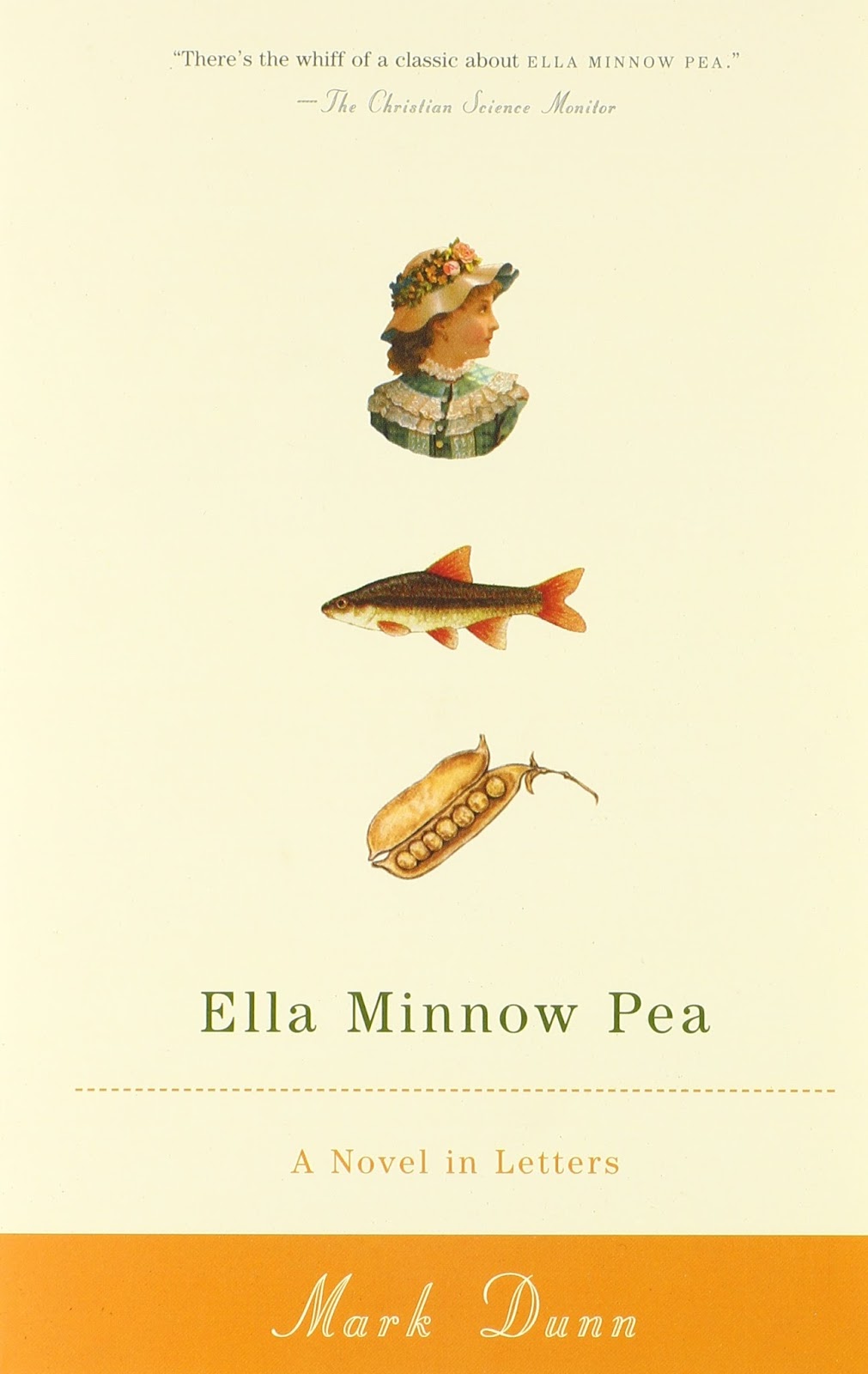
Ella Minnow Pea
Mark Dunn
I've always had a fascination with the written word, with letters and the infinite words into which they can be coaxed and prodded. I went into this novel expecting a lighthearted, whimsical story of letters and writing under restraint. I didn't expect a sideways commentary on censorship.
Ella Minnow Pea is told through a series of notes and letters among the residents of the sovereign island of Nollop, named after the man who coined the famous pangram, "The quick brown fox jumps over the lazy dog," immortalized in a monument in Nollop's capital. The community shun modern technology in favor of the sort of lifestyle Nollop would have led at the turn of the century. When the letters of the monument begin to fall, the governing Council decree that those fallen characters may no longer be used in speech or writing under threat of punishment or exile. As the available letters dwindle, the titular Ella, along with several others, try to hatch a plan to save Nollop and language as they know it.
I was giggly and fuming in turns. It's kinda ridiculous! Forbidden letters? Sounds like a fourth-world shitpost. But it's also a critique of censorship and the way authoritarian governments restrict speech. In some parts of the world, words carry the weight of abduction and death, and on Nollop, letters become daggers to be twisted in your back as you are shoved off the pier. Rather than ideas, language itself is under threat, reminding me of Orwell's idea of vernacular as a discrete arm of propaganda campaigns. It makes me wonder about how language is treated in spaces around me: rather than letters being forbidden, languages can be dangerous. To be Othered because of your native language is something with which I and many others am all too familiar, although I profess I am fortunate — the Othering I have faced has not threatened my safety.
EMP also speaks to the danger of authoritarian governments, and what happens when the government does not recognize or address the needs of its citizens. The cult-like draw of the government coupled with its grip on law enforcement results in a brainwashed minority and a terrified majority. The minority, of course, is as vulnerable to the vicissitudes of the government as anyone else, but they will pick away at the majority until they themselves are targeted. This novel, speaking to this age-old cycle, felt so familiar despite this being my first reading.